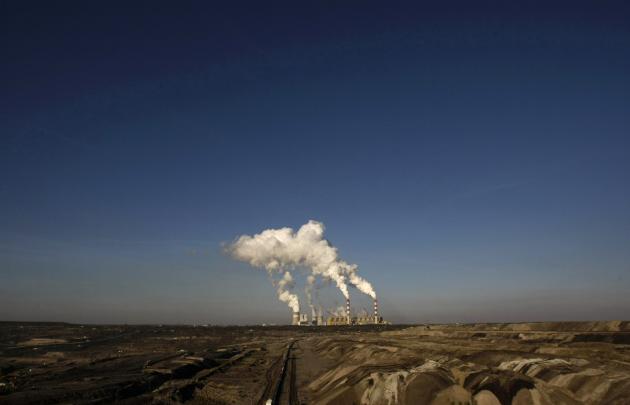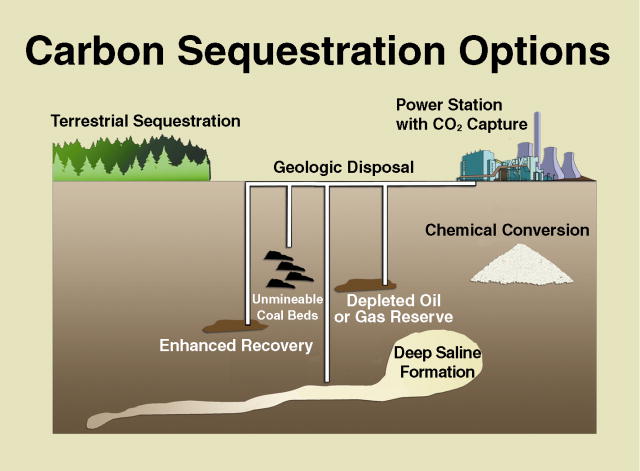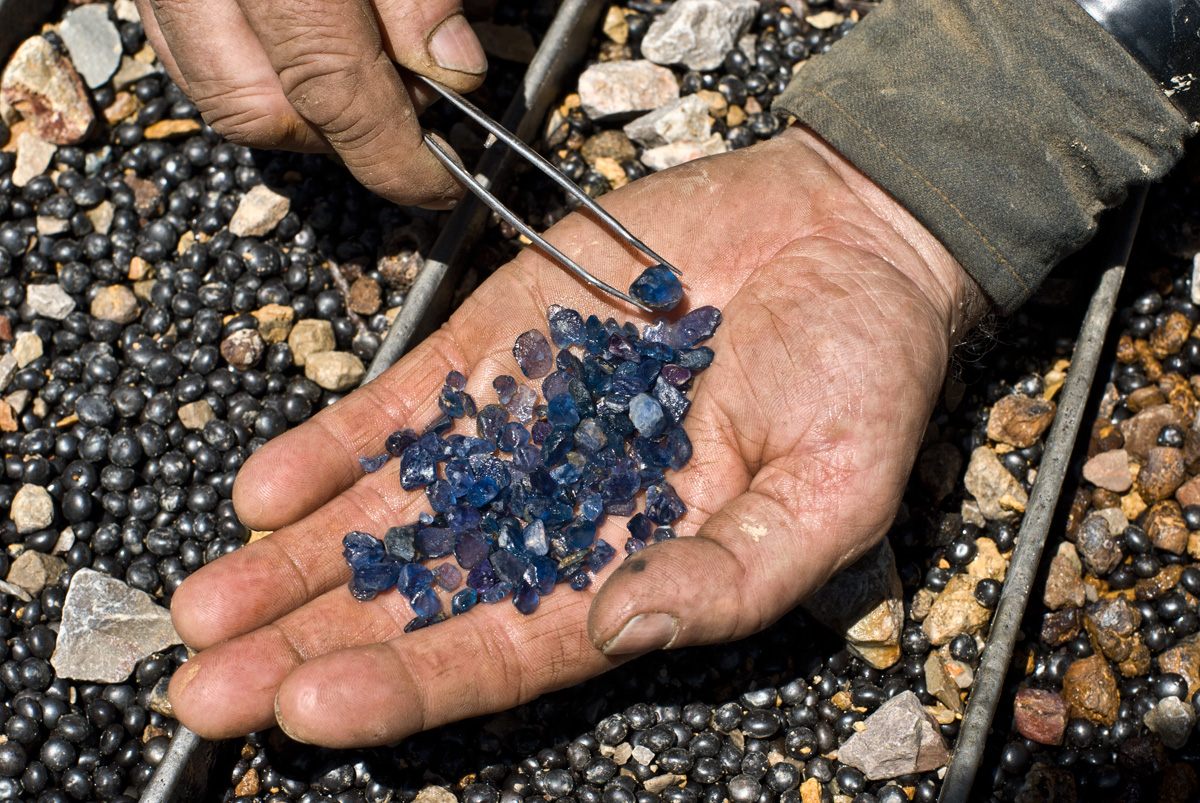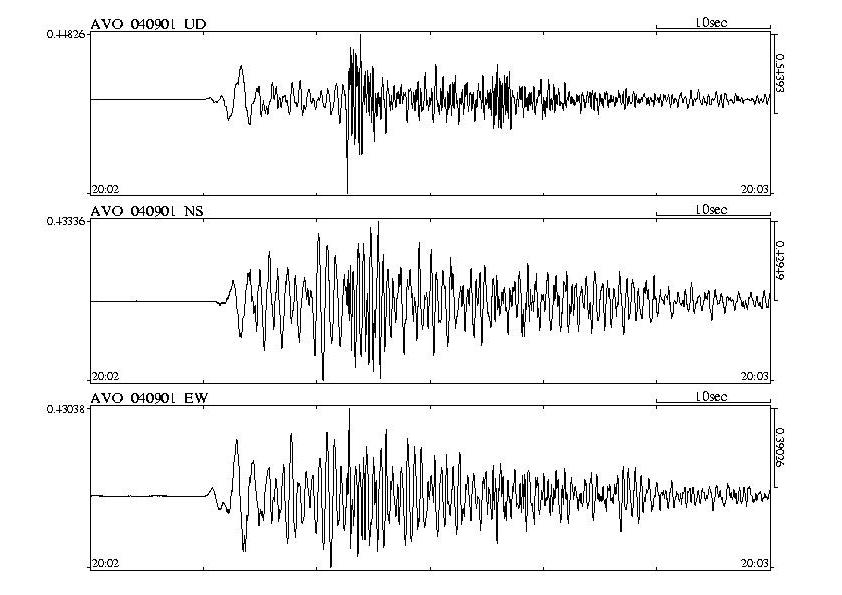Showing posts with label GL5. Show all posts
Showing posts with label GL5. Show all posts
Sunday, 16 February 2014
The Paradox of Plenty
It is a hidden secret of our increasing desire for and use of electronic gadgets that many of the minerals essential to their manufacture are both the product of, and the finance for, war.
Mineral resources are distributed by geological accident rather than geopolitical convenience. This can create the potential for enormous geological wealth in places that do not have the political and financial stability for their exploitation to benefit the communities in which they are located the 'Resource Curse'. You may be familiar with the concept of 'Blood Diamonds' from the film, but less well known is how gold, tin, tungsten and coltan can also be produced in situations of conflict and terrorism.
Apple produce an annual report to detail the source of the mineral resources that go into their iPhones, iPads and Macs showing how many of their suppliers meet international standards of human rights and environmental protection. It makes for interesting reading and it does how the importance of geological exploration to locate the resources we need in a wider variety of places. Do you think about where the minerals in your gadgets started out as rocks in the ground?
Monday, 6 January 2014
The end of the rainbow?
The luck of the Irish may have struck! Geologists working for the Geological Survey of Ireland and the Geological Survey of Northern Ireland have identified a gold deposit that may be worth £11,000,000,000. The potential is huge, but so are the costs. Should the Irish develop this resource and help to pay their debts?
Wednesday, 1 January 2014
A Green land?
Greenland is a strange place. It has a population a little bit bigger than the population of Barry in an area over 100 times greater than that of Wales. It is still linked to Denmark, relying on a large financial subsidy from the Danish government to pay for essential services which is being reduced as Greenland gradually becomes more independent. This does mean that the Greenlanders will need an alternative source of income to replace the £378,345,000 that the Danes give each year (£6,712 for every Greenlander).
The only way that such a small population with such an inhospitable climate is going to make that amount of money is to exploit its natural resources. This creates a huge dilemma for the people who live there. Geologists from an Australian mining company, Tanbreez, have found a potentially huge deposit of rare earth minerals but the people who live around the site are conflicted. The money and the jobs that the mine will bring will resolve many of the economic and social problems that remote communites suffer, however new social and environmental problems will be caused.
Do you think it's possible to balance the positive and negative impacts of this development? The geology of Greenland means that there are plenty of geological resources in the rocks, this could be the first step in a long period of economic growth or the start of the destruction of communities.
There is an alternative view of these resources here.
Wednesday, 18 December 2013
Half the UK
The investigation into shale gas continues with an intial assessment of the potential of Britain's geology for shale gas exploitation. A report produced for the Department of Energy and Climate Change estimates that up to half of the UK could have suitable geology. This isn't too much of a surprise, as shale is the most common sedimentary rock and hasn't featured as a strategiec resource for the country in the past.
The resource is there, the question remains whether the economics, energy security and environmental demands can all be made to balance. What do you think?
The resource is there, the question remains whether the economics, energy security and environmental demands can all be made to balance. What do you think?
Monday, 25 November 2013
The energy conundrum
There's no denying it, we all want and expect energy in abundance. However as Ted Nield (editor of Geoscientist) put it "Everybody wants energy, as much of it as possible, and cheap. And nobody wants it to be generated - or its feedstocks extracted - by any method whatever, anywhere at all, and certainly not near where they live - unless they become rich in the process, in which case it’s fine, because they can move somewhere else."
Two stories have highlighted the dilemma that energy poses. Planning permission for an open cast coal mine in the Valleys has been refused because of competing local interests. Do we want the jobs and the energy security that this will bring or are we happy to import the coal that we all use and need from "somewhere else"? The BBC's Environment Editor has summed it up quite succinctly - "Why is everyone so angry about generating electricity?"
As a society we need to accept the geological, georgaphical and scientific realities of energy generation because we simply cannot have it all.
How do you think we should resolve these issues?
Tuesday, 19 November 2013
Poland or Coaland?
It is a complicated relationship that, to an extent, we share. Poland relies on coal to generate its own electricity, as a major employer and as a source of export income (which is where we have some interest - the UK imported 549,900 tonnes of Polish coal in the first half of 2013). However this isn't without cost - coal is an undeniably "dirty" fuel in terms of carbon dioxide, sulphur gases and particulates. To the point where people in coal mining areas in Poland don't want the industry that they rely on - as I said it is a complicated relationship.
It isn't just the Poles who need to make decisions about our future sources of energy, we too are facing some serious choices in the short term to balance our energy security and independence with the need to protect the environment. Whatever decisions are made, geologists will have to be involved in the science that must be the basis for any choice we make.
What do you think we should do?
Wednesday, 23 October 2013
Money grows on trees
Well almost....
Research on Eucalyptus trees in Australia has shown that the trees' leaves can contain a very small trace amount of gold if there is gold in the rocks below. This isn't enough to extract useful quantities of the metal from the tree; far more usefully it can indicate the presence of gold in the rocks which may be worth investigating. This gives geologists another tool with which to find resources, particularly ones lile gold that are found in such low concentrations.
It has been known for a long time that particular plants can indicate the geology under the surface, but this is the first time that these elements have been able to be located in the living tissue of the plants.
Thanks to Rosie for spotting this story.
Tuesday, 8 October 2013
Retardation time
When a viscous material (such as the mantle) is displaced by a force on the crust (such as from an ice sheet) it will deform - a process called isostatic readjustment. If that force is removed the crust will rebound as the mantle flows back underneath it. This doesn't happen at a constant rate as it will slow down the closer it is to a state of equilibrium (where it should be), this slowing down is called the retardation time.
Sunday, 29 September 2013
The big controversy
One of the most topical issues in geology at the moment is hydraulic fracturing of shale to extract hydrocarbons that are trapped in the sediment. Shale is largely impermeable so gas and oil that has matured from organic material within the shale cannot migrate (flow) into a rock from where the gas and oil can be pumped. The technique is used already to increase the recovery of oil from North Sea oil fields and also to make geothermal energy schemes work.
To make the rocks more permeable water is pumped into the shale at high pressure to break the rock to create pathways for oil and gas to flow out of the rock. Ceramic beads or sand is pumped with the water to stop the fractures closing as illustrated here. The water can lubricate pre-exisiting faults and cause earthquakes (though these might better be described as minor tremors).
The issue inspires passionate debate on both sides of the argument. Organisations such as Greenpeace are concerned about both the direct and indirect environmental consequences of extracting hydrocarbons in this way. The Government have endorsed the technique as a way of increasing our energy supply, thus decreasing the cost of energy and also to boost our energy security - we are currently dependent on buying gas from Qatar to keep our houses warm.
To see the science behind fracking, have a look at the British Geological Survey's You Tube channel.
The UK is not the only country to be trying to decide about the economic and environmental viability of fracking.
Do you think that we should frack for the gas that we need?
Wednesday, 25 September 2013
A strange business
As you may know I am not very impressed with gemstones; with the fuss,expense and particularly the violence that seems to accompany them. However the development of a possibly ethical emerald business based in London but operating in Africa reveals some of the strangeness of the gem industry and some of its possibilities. The oddest thing for me though, is how many people are swayed by the marketing of these shiny and sparkly bits of rock.
Tuesday, 24 September 2013
Mapping the elements
The British Geological Survey have beeen mapping the chemistry of Britain's geology using a technique called geochemical sampling. By taking samples of soil, sediment and stream water elements from the bedrock can be measured and mapped. The BGS have been doing this for 40 years and have just finished.
The results from this research (called G-BASE) show an interesting pattern that does reveal some interesting patterns and could show the location of hidden geological resources.
Monday, 23 September 2013
The end for carbon capture?
Carbon capture and storage (CCS) could be a way for us to extract fossil fuels from rocks and to put the waste products back there, safely removed from our atmosphere. One of the biggest supporters of this technology has been the Norwegian Government, though this is about to change.
Norway finds itself in a dilemma; its oil industry has made it one of the richest countries in the world yet the Norwegians take their environmental responsibilitiies seriously. One way they have been addressing this is to invest in developing the technology needed to make CCS viable. However, in the light of increased costs and delays and a general election, the project has been abandonded. The geology of CCS does work and the engineering to support it could be developed, the question is whether the economics and political will are in place to make it happen.
Do you think that we should persevere with developing CCS? More importantly, would you be willing to pay for it as part of your energy costs?
Wednesday, 18 September 2013
Skills, skills, skills
You may wonder why teachers keep going on about developing your skills all the time. The reason is that they are important if you are going to be able to choose where you work in the future. It is your skills that give you more to "sell" to an employer than just your time.
The skills that a geologist requires are very broad. A geologist needs a good understanding of all aspects of science; they need to be able to interpret data from: specimens, graphs, maps, cross-sections, diagrams, photo-micrographs, satellite images, mathematical models and more. They have to be numerate and literate as they have to interpret data and then communicate their interpretation to a variety of audiences.
If you can master these skills (by working hard and practising them) there are rewards out there. There are skill shortages in several fields of geology at present such as in the North Sea Oil Field that are leading to higher wages being offered, though the importance of having a range of skills is apparent from the fallout from the drop in coal prices that is affecting parts of Australia.
How are you going to make sure that you have the skills to acheive your dreams?
Thursday, 5 September 2013
A complicated issue
We have a compicated relationship with extractive geological industries. We all rely on the geological materials extracted from the ground (oil, coal, gas, metals, industrial minerals, water etc) for our everyday lives. Even just to read this blog entry you are using several different metals that make the device and its electronics, plastics for the case, silica in the screen - before we start to consider the fuels used to generate the electricity that's required. This reliance on extracting geological materials from the Earth is matched by ambivalence caused by the social and environmental costs of that extraction.
Two stories came out over the summer that illustrate the dissonant extremes of this industry. The first is a slide show showing the shocking conditions in which children are working in some Tanzanian gold mines (warning: some of the photos are a little upsetting).
Tanzania's child gold miners
The other side of the industry are the positive economic effects that mining can bring. Western Australia is currently undergoing a remarkable economic boom by providing the geological resources for Asia's economic growth. Some of the peolpe who are benefitting from this are the several former Cowbridge geologists who have very good jobs working in this area.
Western Australia's resource boom
As geologists we share this ethical dilemma. How do you think that we can create positive social, environmental and economic impacts from industries that, like it or not, are essential?
Monday, 2 September 2013
A leap forward?
Norway's biggest oil company, Statoil, are developing an old gas field in an area 125 km form the Norwegian coast. This doesn't seem to be a "leap forward" until we look at the technology they are using to exploit the resource. The company have built a series of compressors to extract the gass from the hydrocarbon trap, compress it and pump it to a plant onshore, but these installations are sunk and placed on the sea bed - there is no platform at the sea surface and they are operated remotely. This does give the possibility of exploiting hydrocarbon reserves in deep water or in places like the Arctic Ocean that are very challenging places to put conventional rigs or to develop smaller traps.
The controversy comes from the tension between the undoubted commercial benefit from extracting and selling the gas - Norway os one of the richest countries in the world because if geological resources like this - and the environmental impact of producing an using the hydrocarbons.
It is a hugely impressive engineering achievement (and it does present on opportunity to further the development of carbon capture and storage) but is it worth the environmental cost?
Diamonds are forever?
As some of you know, I really don't like diamonds. There are several reasons for this that I would be happy to share with anyone that asks me; but it seems that I am not alone in this. The price of rubies and sapphires has increased more quickly than the price of diamonds over the last few years indicating a rise in the demand for these precious gemstones.
Ruby and Sapphire are both varieties of a mineral largely made up of aluminium oxide called Corundum. The different colours are caused by different trace elements of Chromium (which gives ruby its red colour) and Iron, Titanium, Magnesium or Copper (which give Sapphires their colour varieties).
Perhaps this change in demand is caused by fashion or by increasing numbers of women choosing their own jewellery (men tend to go for the "safe" option of diamond if they are choosing). Regardless of the reason, the increasing price will lead to more geological exploration to discover new sources of these minerals.
BBC News story
In case you are wondering, my favourite decorative mineral has to be one that has a relatively low price (though it is useful as an ore of copper) but is beautiful with its botryoidal, banded shade of green. Can you find out what it is?
Tuesday, 16 July 2013
Fracked off
In a very short period of time the discovery and explotation of shale gas has changed the world's energy balance. The US, once the largest importer of hydrocarbons is now starting to export Liquified Natural Gas (LNG). One of their customers is us; the gas will be imported (along with gas from Qatar) into the terminal at Milford Haven in Pembrokeshire.
We do need to ask ourselves some serious questions about our loss of energy independence and whether we need to use our own shale gas resources in places like Lancashire and here in the Vale of Glamorgan.
BBC News story
Monday, 15 July 2013
Have we peaked?
A geophysicist called M. King Hubbert back in 1956 predicted that oil production for any oilfield would take the form of bell curve from initial discovery through to maximum productivity and on to gradual decline. He accurately predicted that American oil production would peak in the early 1970s.
Hubbert Peak Theory
However, perhaps geologists need to revisit this idea as new technology to both find and produce oil has brought about the new discovery of oil reserves in places that had been thought to be exhausted of any useful oil such as California and Texas. Such discoveries, along with Shale gas, could go a long way to make the US energy independent. This would have a lot of knock-on effects for the economics and politics of the world.
How do you think that geologists have contributed to this advance in technology? Do you think that it's a good thing?
BBC News Story
Friday, 12 July 2013
Human induced earthquakes
Earthquakes under Basel
Recent research has shown that distant earthquakes combined with injection of waste water into the ground can set off relatively large earthquakes, even a 5.7 magnitude event in Oklahoma. Why then is this relevant to us? With our increasing need to find reliable sources of energy from geothermal sources or by fracking shale for gas, we are injecting a lot of water into the ground, particularly in the US so events like these may become more common. A lot of fuss was made about some very small earthquakes near Blackpool because of fracking activity.
Fracking Earthquakes - BGS report
The question is whether our need for energy is worth the inconvenience of increased seismic activity?
Thursday, 11 July 2013
End of a gold rush?
South Africa's gold mines have been a significant source of income for the country for many years, but the profits from this resource are coming under pressure. The geology is such that the gold resources are getting harder to find and to extract, the costs of extracting the gold are increasing and the price is reducing.
This could be disasterous for a country that relies on its resource sector to make money and for the jobs that it creates (though there have been violent protests about pay and conditions in South African mines). It does pose some interesting questions about where we are going to find future reserves of gold to satisfy the demand we have for the dense untarnishable mineral.
BBC News story
Subscribe to:
Posts (Atom)



















